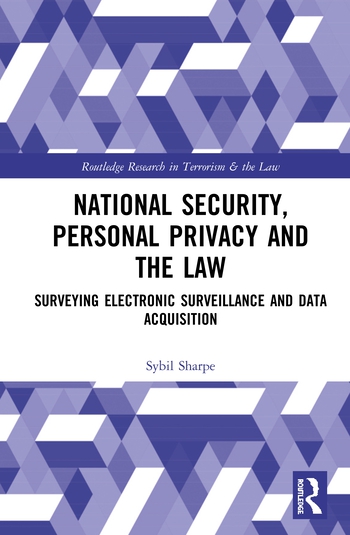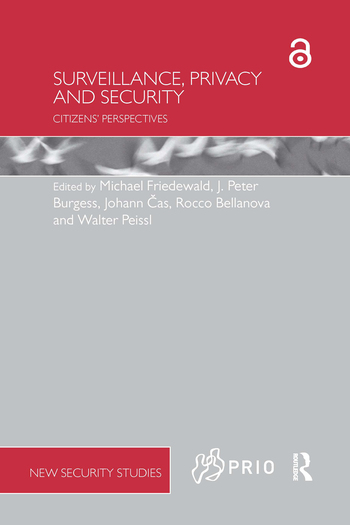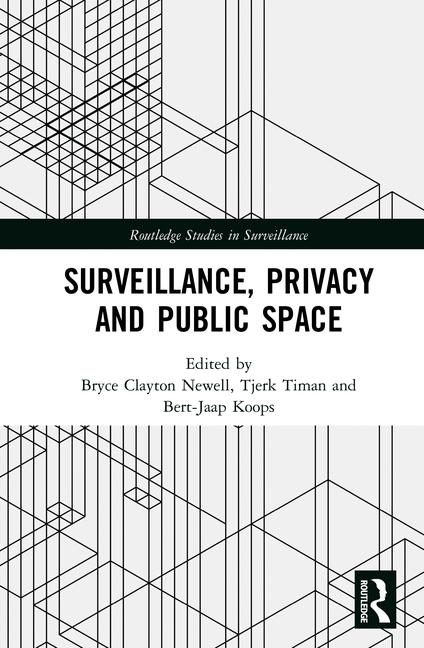The Connectivity Standards Alliance, an international community of more than 675 technology companies committed to open standards for the Internet of Things, unveiled Aliro, a new effort aimed at transforming how users unlock doors or other entry points using their mobile device or wearable.
The alliance and its members, in pursuit of their mission to promote universal open standards, are creating a new communication protocol with a common credential that champions interoperability between mobile devices, wearables and access control readers. The goal is to foster widespread adoption of consumer electronic devices to unlock doors and openings, by enabling a consistent experience across certified hardware. There arrives a point where adoption of a new technology cannot be realized when proprietary solutions make the experience inconsistent for those adopting it and for consumers. The alliance aims to provide the place where this groundbreaking work can happen.
“We set our vision to streamline interoperability of hardware to foster the adoption of mobile access in a fragmented access control industry,” said Nelson Henry, chair of the Aliro Working Group at the Connectivity Standards Alliance and senior solutions architect at Allegion. “This mobile credential standard, Aliro, looks to create an environment where access control providers and mobile device manufacturers work together, eliminating barriers to innovation and creating a streamlined mobile access experience at a door. The Aliro protocol will build end-user confidence and expand adoption by making personal devices secure and central to the access control experience.”
With the support of companies such as Allegion, Apple, ASSA ABLOY, Google, Infineon, Kastle Systems, Last Lock, NXP Semiconductors, Qualcomm, Samsung and STMicroelectronics, Aliro was formed as a new effort within the alliance to solve this unique challenge. The aim is to create a path forward where the use of standardized technology — in this case, a common communication protocol and credential — can power a future where mobile devices and wearables are central to the digital access experience. Since the Aliro effort got under way in 2022, nearly 200 alliance member companies have signed on, donating dedicated time and resources to help pave the way for a better, interoperable, and more secure digital access experience.
Aliro represents four key principles for mobile device and access reader manufacturers, and with benefits that extend to a wide range of stakeholders, from system owners and installers to property owners and managers, homeowners, and renters, and more. These include:
- Simplicity — Lower barrier to implementation by reducing complexity for integration and streamlining troubleshooting.
- Flexibility — Supports different types of installations or architectures, offering convenient access to both common and individual entry points.
- Security — Foundation to implement state-of-the-art secured and trusted mobile access solutions.
- Interoperability — Standardized communication protocol enables manufacturer-independent devices and readers to work together at the door.
Aliro aims to reduce the complexity of partner integrations and acts as an arbiter for certification of interoperability for mobile devices and access card readers. It is designed to reduce the high cost of R&D and simplify the integration process. The certified hardware then makes it easier for system owners and installers to select the best hardware and software for their needs, streamline installation, and support a wide variety of consumer smartphones and wearables. Aliro will also make management and maintenance of access control systems easier, eliminating the need to troubleshoot across multiple providers of hardware.
“For Aliro, one of the principal challenges to keep woven throughout our thought process has been the breadth of use cases and impact of such a targeted and yet crucial portion of the overall access solution on a wide set of unique markets with particular needs,” Henry said.
The Aliro communication protocol will act as the heart of the standard, supporting a wide range of transmission technologies, and facilitating adoption by user devices and access readers, across varied access control use cases. It promises to deliver a comprehensive point-to-point application layer. The standard will include definitions for Near Field Communication (NFC), Bluetooth Low-Energy (BLE), and Ultra-Wideband (UWB) experiences, as well as asymmetric cryptography and credential data.
Aliro looks to create an environment where access control and mobile device manufacturers work together, eliminating barriers to innovation and adoption. By establishing interoperable, simple, and secured solutions that can be adopted by mobile device and access control hardware makers, Aliro will speed adoption of the use of a mobile device as a key, and the installation, operation, and use of supported digital access card readers.
“For dealers and integrators, I’d emphasize that it simplifies the complexity for partner integrations, providing a way to more easily manage a mix and match of hardware and software while covering a wide variety of user devices,” Henry concluded. “Aliro also helps streamline installation and device troubleshooting between multiple providers of hardware.”









